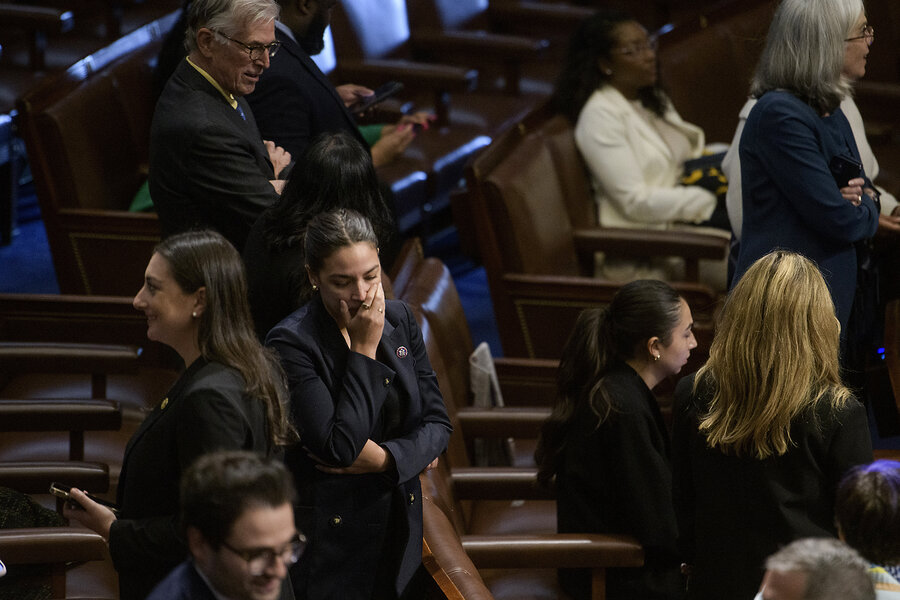Now Reading: New York City Mandates Composting with Fines for Non-Compliance
-
01
New York City Mandates Composting with Fines for Non-Compliance
New York City Mandates Composting with Fines for Non-Compliance
Quick Summary
- New York City Compost Law: From April 1, NYC mandates residents to separate organic waste (food scraps, food-soiled paper, yard waste) from regular trash to encourage compliance with the curbside composting program.
- Fines for Non-Compliance: Property owners and landlords can be fined $25 or more for violations. NYC issued roughly 2,000 tickets in the first week of enforcement.
- Program Scale-Up: The city collected 2.5 million pounds of compostable material last week, a significant increase from 737,000 pounds collected during the same period a year ago.
- Criticism on Execution: Critics argue that while fines force action, better public education is missing. Only one-fifth of food waste ends up at Staten island’s composting facilities; most is sent to Brooklyn’s wastewater-treatment plant where biogas is generated but criticized for methane flaring issues.
- Comparison with Other Cities: San Francisco and Seattle have long-standing mandatory compost programs and emphasize education over punitive measures.NYC’s larger population and geography make rollout challenges unique.
Images:
- A worker sorting yard waste at NYC Department of Sanitation’s Staten Island facility (Angela Weiss / AFP via Getty Images).
- Transporting compostable materials in San Francisco (Justin Sullivan / Getty Images).
Indian Opinion Analysis
New York City’s mandatory curbside composting program highlights the importance of tackling food waste as both an environmental challenge and a policy issue worldwide. Methane emissions from landfill decay are considerable contributors to climate change; therefore, diverting organics toward proper reuse channels-like creating quality soil amendments or generating energy-is vital.
For India, this development underscores the potential value in adopting similar large-scale urban initiatives addressing organic waste management as cities expand rapidly alongside consumption habits. However, its execution needs careful planning rooted in local realities-education campaigns emphasizing benefits might yield stronger participation than punitive measures alone.Further lessons emerge regarding technology use like anaerobic digestion plants or decentralized community-run models that avoid environmental justice concerns seen here with methane flaring controversies in Brooklyn neighborhoods-a reminder for Indian cities balancing cost-effectiveness against social equity when scaling infrastructure projects aimed at sustainability goals.


























